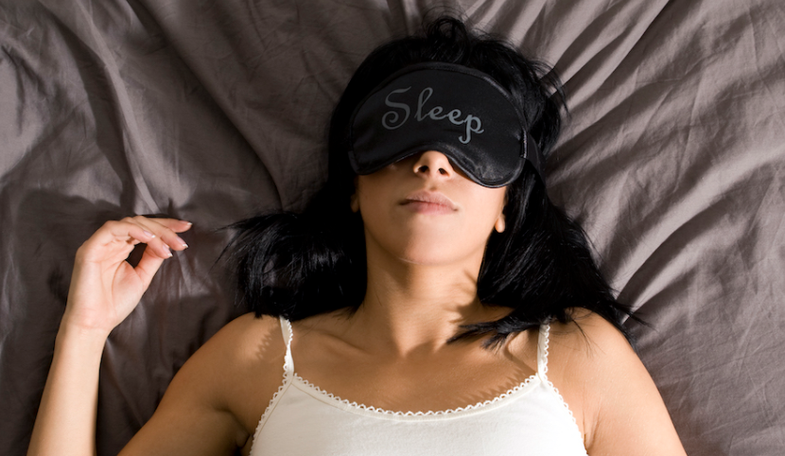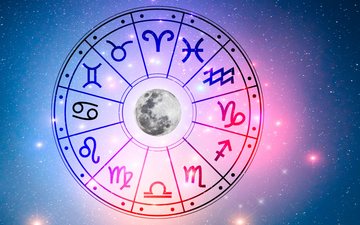
A few years ago, I spent the night at a friend’s house. The next day, I realized that I had woken up the whole family with my noises in bed, so much so that my parents thought we had sex. Of course, his family never saw me again that night, and of course, I did nothing with my friend. That's how I learned that I was living with sexism.
Sexomnia is a rare type of parasomnia, or sleep disorder that involves abnormal behaviors or movements that occur during sleep or wakefulness. According to a 2017 study published in the journal Sleep, sexual behaviors can include masturbation, sexual vocalizations, spontaneous orgasm, touching a partner, initiating sexual intercourse, and so on.
Most people with this condition usually wake up confused and do not remember what happened. This is quite different from "wet dreams" or erotic, which are characterized by acting in the dream. Sexsmomnia is like walking to sleep, but instead of walking you do other things.
While my episodes of sexism tend to appear in the form of morning masturbation sessions or occasional sleep groans, it can take different forms for different people, presenting unique challenges for those who experience it and those who sleep along with someone else.
Sexsomnia is more of a neurological issue than a psychiatric one (and certainly not a result of repressed sexual desires or deviant thoughts). Research shows sex-linked episodes are linked to a number of causes, including stress, lack of sleep, poor sleep conditions and extreme fatigue.
"Stressful events, moderate to high levels of alcohol consumption or marijuana consumption the night before, changes in one's relationship and physical contact with a partner during sleep [also] have been linked."
For different people these episodes have different frequencies. It can happen to someone several times a month, to someone only 1-2 times in a lifetime and in more problematic cases, a person can experience it every day for weeks or months.
Source: Well & Good





